Pronouns: Sir / Lord / God Emperor
- 56 Posts
- 118 Comments

 321·9 days ago
321·9 days agoThe Russian response is purely for their internal consumption.

 64·10 days ago
64·10 days agoThe party of law and order. Their law, and their order.

 542·13 days ago
542·13 days agoInstead of “rotten”, the title should use “completely predictable”.

 11·14 days ago
11·14 days agoI noticed during COVID, I had almost no problems with hay fever. I wouldn’t mind going back to wearing one full time.

 321·15 days ago
321·15 days agoBets on whether trump walks out at the break?

 3·16 days ago
3·16 days agoWhat about treadmill-based walking? It’s too freaking hot out during the summer.

 5·18 days ago
5·18 days agoThe US is not the only country that has enacted laws governing jurisdiction in cases of genocide that has occurred outside their borders. Many of these countries also have laws that are automatically in force when a determination of genocide has been made by the UN. These laws generally cover sanctions and doing business with “those who perpetrate or support genocide”.
Many other States have adopted statutes pursuant to Article VI, which explicitly provide not only for territorial jurisdiction, but also for universal jurisdiction over genocide. Examples of such statutes include: the 2002 German Code of Crimes Against International Law (Völkerstrafgesetzbuch) Section 1 of which recognizes the jurisdiction of German courts over genocide, crimes against humanity and war crimes committed outside the German territory and to which Germany has no specific link. Likewise, Section 2, § 1(a) of the Dutch International Crimes Act of 19 June 2003 makes provision for universal jurisdiction over genocide provided that the alleged perpetrator is physically present in the Netherlands. Moreover, the Canadian’s Crimes against Humanity and War Crimes Act, adopted on 24 June 2000 sets the basis for universal jurisdiction for genocide; Section 6, §1 of this Act reads as follows:
Every person who, either before or after the coming into force of this section, commits outside Canada (a) genocide […] is guilty of an indictable offence and may be prosecuted for that offence in accordance with section 8.
Many other countries, including France, Switzerland, Spain, Belgium, and Austria, have adopted national legislation, as required under Genocide Convention Article VI, that allow for the prosecution of genocide committed outside their territories.

 4·18 days ago
4·18 days agoThe political question of the US’ position on genocide rulings can be better understood by reading what it has done with previous atrocities.
This repost was done during Bush Sr’s presidency by the US Holocaust Memorial Museum. It goes through the US’ response in the past to quite a few incidents and describes the decisions that were made and the thinking behind them.
https://www.ushmm.org/m/pdfs/Todd_Buchwald_Report_031819.pdf

 52·18 days ago
52·18 days agoUnder-shaved, brown-robed and jovial, Benanti is adept at explaining how technology can change the world, “with humans ceding the power of choice to an algorithm that knows us too well. Some people treat AIs like idols, like oracles, like demigods. The risk is that they delegate critical thinking and decisional power to these machines.”
AI is about choices. He points out: “Already a few tens of thousands of years ago, the club could have been a very useful tool or a weapon to destroy others …”
The Italians, not pioneers in the technology, warn that AI prefigures a world in which progress does not optimise human capabilities, but replaces them.
While I certainly do not side with the Catholic Church and their moralistic dogma, it is valuable to pay attention to a group that has made it their mission to think about how humanity is affected by various things. Never mind that they have their own bias in how humanity should be conducting itself. If instead, you treat them as a think tank with a relatively narrow focus, then we can make use of their work in this area.
I’m relieved to see at least one world leader though listening to an expert on technology. The US Congress had a department just for interpreting and researching various high technology concepts, but in their infinite wisdom they decided they knew better and disbanded the department.
One may disagree with the Catholic churches interpretation of their explanations of how AI technology can affect humans, but we would be fools to completely disregard their reports and findings.

 24·21 days ago
24·21 days agoI would never make that assumption. After all, in their minds, it’s perfectly all right for their religion to impose their views on everyone else. But, if I try to use my religion to impose my views on them, that’s evil.

 582·21 days ago
582·21 days agoThe ironically named ADF claims it’s a free speech issue. How do you suppose they would feel if I sent my kid to school wearing a shirt that said, “All White People are Guilty of Genocide” with an indian head silhouette?

 32·25 days ago
32·25 days agoDragging them out into the light of day, just like all fascists should be. Or would you prefer that they be allowed to spread their nonsense in the dark?

 72·25 days ago
72·25 days agoIf you don’t know anything about this group, just consider this line from the article:
These buzzwords — inclusion, acceptance, love — usually mean only one thing to leftists.
They consider those to be nothing more than “buzzwords”.
It reminds me of some lines in the movie Bullit. A ladder-climbing DA tells detective Bullit, “Don’t be naive, Lieutenant. We both know how careers are made. Integrity is something you sell the public.”
Bullit tells him, “You sell whatever you want, but don’t sell it here tonight.”
The FedSoc sold their integrity long ago.

 2·25 days ago
2·25 days agoIn case anyone has trouble with a paywall: https://archive.ph/BvXTY

 13·25 days ago
13·25 days agoHe’ll be speaking to them virtually.
It would be a shame if somebody “attended” who wasn’t invited.

 23·26 days ago
23·26 days agoWe need to start a pool.
When he loses and declares the election stolen, how many of his cultists will lose their right to vote and own guns? We can break it down by state and date.

 12·26 days ago
12·26 days agoThey could have stopped that headline at “Tommy Tubervile Tries to Argue”.
Yes, I meant to spell his name that way.

 57·26 days ago
57·26 days agoUnlike most of Trump’s boasts, this one may be true, but not in a way that reflects well on him. Perhaps he’s right that Putin “will do that for me, but not for anyone else.” But that is because Putin rightly considers Trump an ally in whose success he is invested.
What’s worse is that, by openly signaling to Putin that he does not want Gershkovich to be freed before the election, he is destroying whatever chances may exist to secure his release before then. If Gershkovich goes free prior to the election, Trump would look foolish, and Trump understands perfectly well Putin does not want that to happen.
collusion: noun (Law) An agreement between two or more persons to defraud a person of his rights, by the forms of law, or to obtain an object forbidden by law.

 74·27 days ago
74·27 days agoCan’t we just declare the entire Trump crime family to be an enemy of the state?
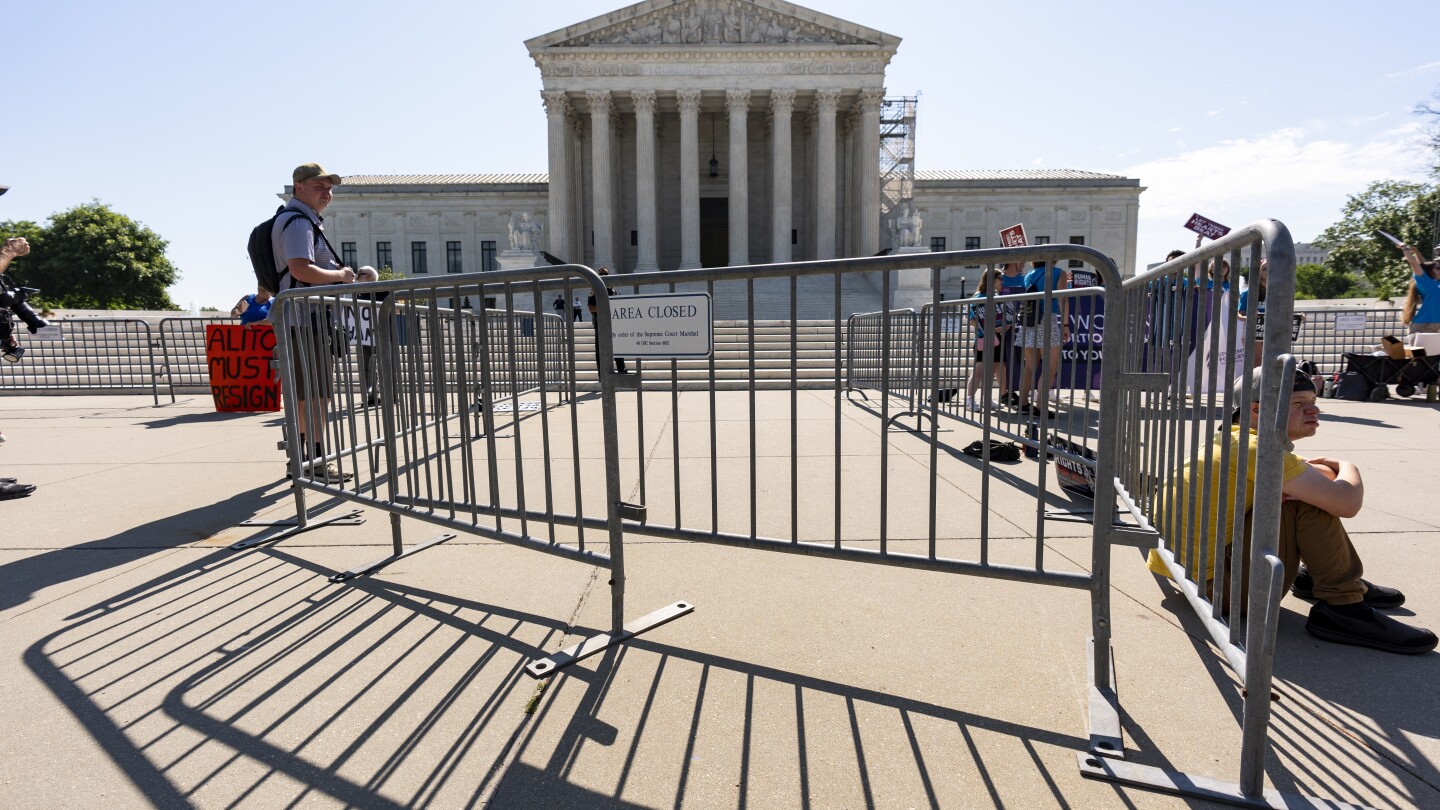
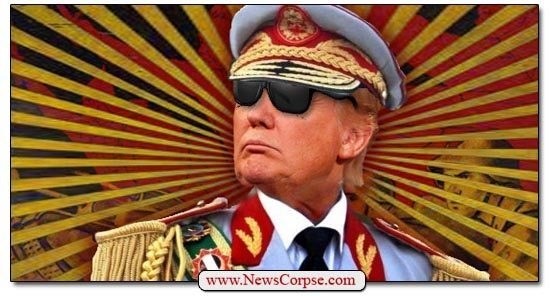
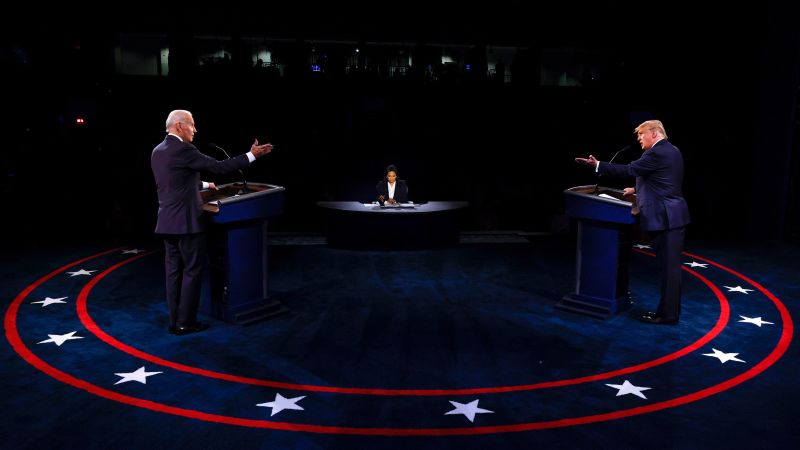

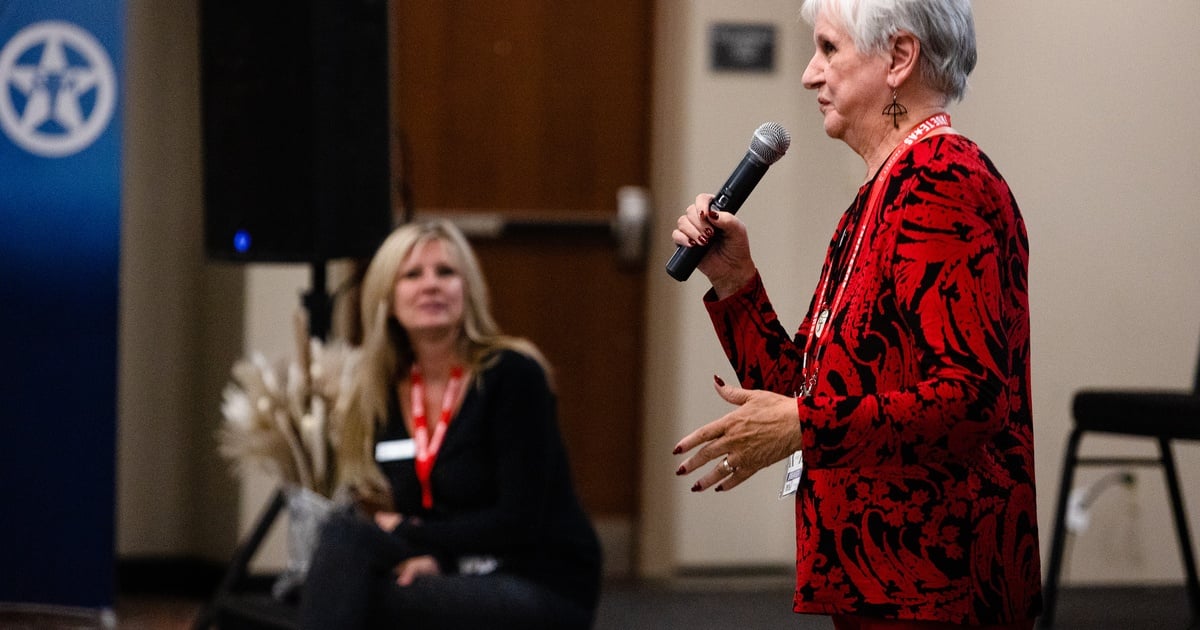







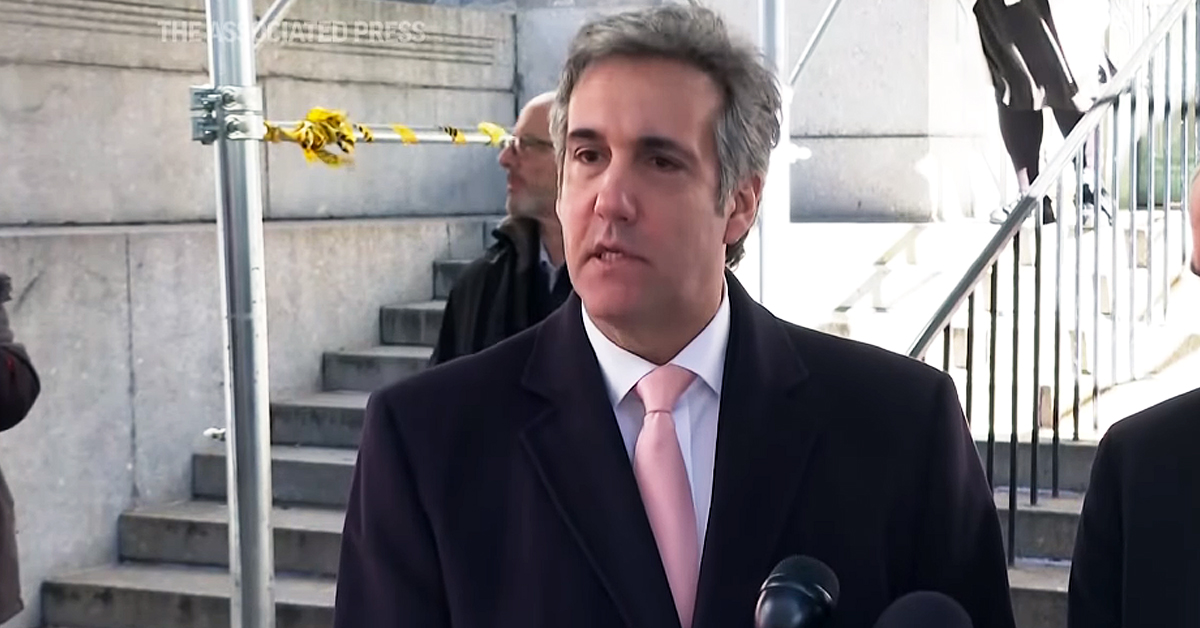

In a civilized country, this would not be a political question, but, rather, a medical one.